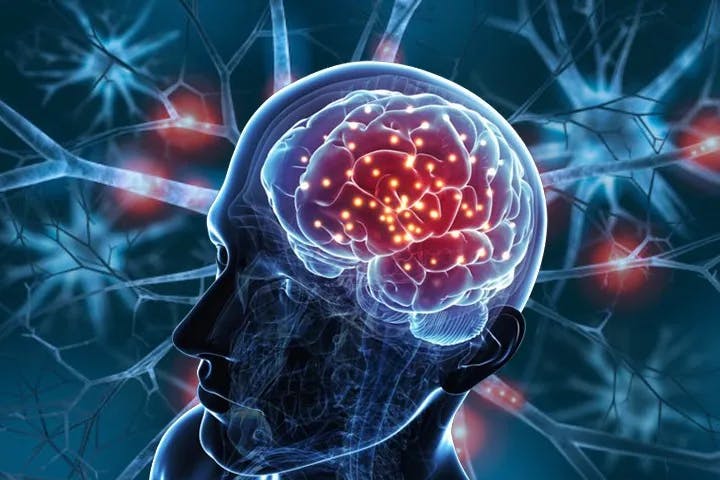.97077bf4.webp&w=640&q=75)
Autoimmune Encephalitis

Autoimmune encephalitis is a rare but serious condition in which the immune system attacks the brain, causing inflammation and resulting in a range of neurological symptoms. These can include confusion, seizures, memory loss, and personality changes. Early diagnosis and treatment is essential to prevent lasting damage and improve the chances of a full recovery.Our clinic specializes in the diagnosis and management of autoimmune encephalitis, using the latest technologies and treatments to provide the best care for our patients. Book an appointment with us today to learn more about this condition and how we can help.
Frequently Asked Questions
What is autoimmune encephalitis?
Autoimmune encephalitis is a rare type of inflammation of the brain that occurs when the body's immune system attacks the brain and causes swelling and damage. It is a serious condition that can affect a person's cognitive abilities, behavior, and movement, and can sometimes lead to coma or even death.
What are the symptoms of autoimmune encephalitis?
The symptoms of autoimmune encephalitis can vary depending on the part of the brain that is affected, but they may include:
Confusion and disorientation
Memory loss and difficulty thinking
Changes in behavior and personality
Seizures
Weakness or paralysis on one side of the body
Loss of consciousness or coma
How is autoimmune encephalitis diagnosed and what tests are typically performed?
If you are experiencing any of the symptoms listed above, it is important to see a doctor as soon as possible. Your doctor will conduct a physical examination and ask you about your medical history and symptoms. They may also order a number of tests to help diagnose autoimmune encephalitis, including:
Blood tests to check for signs of inflammation and autoimmune activity
Imaging tests such as an MRI or CT scan to look for signs of brain inflammation
Electroencephalogram (EEG) to measure electrical activity in the brain
Lumbar puncture (spinal tap) to test the cerebrospinal fluid for signs of infection or inflammation
What are the most common treatments for autoimmune encephalitis?
The treatment for autoimmune encephalitis usually involves a combination of medications and other therapies. The specific treatment plan will depend on the type and severity of the disorder, as well as the individual needs of the patient. Some of the most common treatments include: Corticosteroids, Immunomodulatory medications, Plasmapheresis, and IVIG
What are the different types of autoimmune encephalitis and how do they affect the brain?
Autoimmune encephalitis can be caused by a variety of autoimmune conditions, each of which can affect the brain in different ways. Some common types of autoimmune encephalitis include:
Anti-NMDA receptor encephalitis: This type of autoimmune encephalitis is caused by the body's immune system attacking the NMDA receptors in the brain. This can cause a range of symptoms, including hallucinations, confusion, memory loss, and difficulty speaking.
Anti-LGI1 encephalitis: This type of autoimmune encephalitis is caused by the body's immune system attacking LGI1, a protein found in the brain. This can cause seizures and other neurological symptoms.
Anti-AMPA receptor encephalitis: This type of autoimmune encephalitis is caused by the body's immune system attacking AMPA receptors in the brain. This can cause symptoms such as memory loss, confusion, and difficulty speaking.